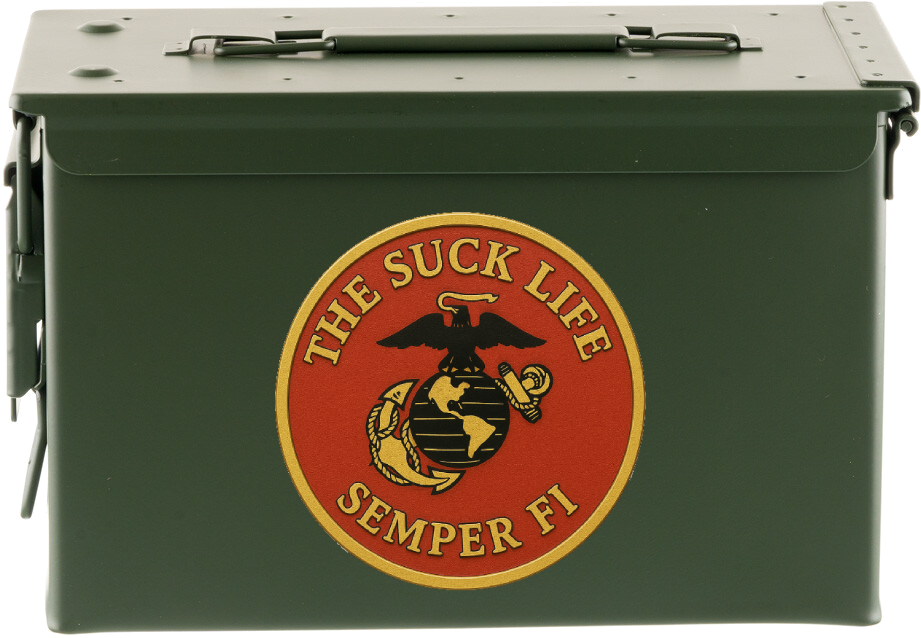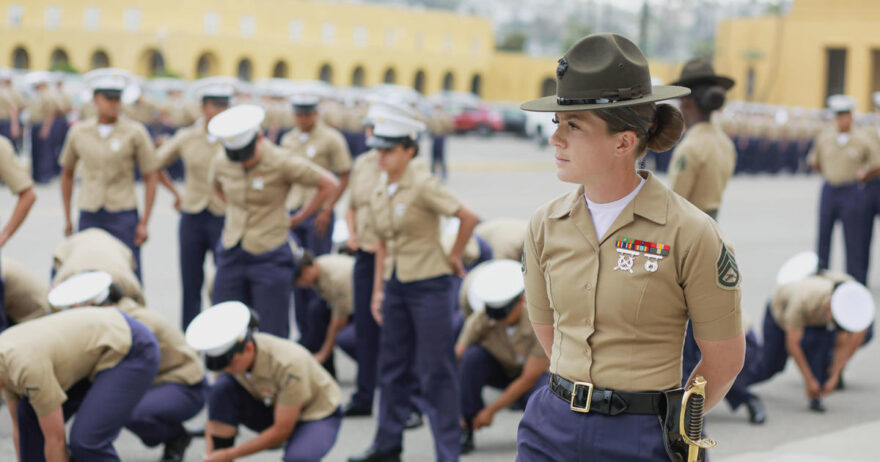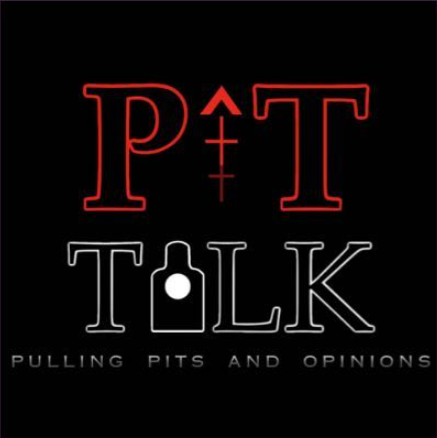Transitioning from military service to the corporate world can be challenging, yet Marine veterans offer a distinct advantage in leadership roles. While they navigate differences in culture, expectations, and communication styles between the structured military environment and the dynamic corporate landscape, their unique skills and experiences set them apart. Marines bring a remarkable ability to adapt and excel, transforming these challenges into opportunities for impactful leadership and exceptional performance in their new professional environments.
Cultural Differences
The Marine Corps operates within a highly structured and hierarchical environment where discipline, uniformity, and adherence to orders are essential. In contrast, the corporate world values flexibility, collaboration, and initiative. This transition can be challenging as the rigid military structure may clash with the more fluid and less formal corporate culture. However, Marines leverage their adaptability to thrive in this dynamic environment, bringing a unique perspective that enhances organizational flexibility and innovation.
Communication Styles
Marines are accustomed to direct, concise, and sometimes blunt communication. In the corporate world, communication tends to be more nuanced, diplomatic, and layered. While Marines’ straightforward approach might initially be perceived as too abrupt, they quickly learn to adapt their communication style to fit corporate norms. This ability to refine their communication enhances their effectiveness in team settings and helps bridge any gaps in understanding.
Leadership and Decision-Making
In the Marine Corps, leaders are trained to be decisive and take charge in a top-down manner, reflecting the need for quick decision-making in high-pressure situations. Corporate environments often favor a more collaborative and consensus-driven approach. Marines excel by applying their decisive leadership skills in a way that fosters team engagement and drives results, proving their ability to lead effectively even in a different decision-making landscape.
Understanding Corporate Norms
The corporate world has its own set of norms, etiquette, and unspoken rules, including office politics, networking, and navigating subtle hierarchical structures. Marines quickly learn these norms and integrate them into their professional behavior. Their ability to adapt to these nuances enables them to build strong relationships and navigate corporate dynamics successfully.
Role of Hierarchy
Marines are used to a clearly defined hierarchical structure where every role and responsibility is meticulously outlined. In the corporate world, hierarchies can be more fluid, and roles might not always align with traditional structures. Despite the ambiguity, Marines adapt by embracing the collaborative nature of corporate environments, demonstrating leadership and influence across various levels and functions rather than relying on a top-down approach.
Focus on Metrics and Results
Marines are trained to achieve mission objectives with a sharp focus on results. While corporate success is measured by a combination of quantitative metrics and qualitative factors, Marines bring a results-driven mindset that aligns well with performance goals. Their ability to balance mission-focused objectives with broader performance metrics enhances their effectiveness in corporate roles.
Adapting to Different Paces
The fast-paced, high-stakes nature of military operations contrasts with the often-slower pace of corporate decision-making and project timelines. Marines adapt by applying their ability to manage pressure and stay focused, even in environments with different rhythms, which allows them to contribute effectively despite varying timelines.
Integration and Team Dynamics
Marines are accustomed to a high level of camaraderie and teamwork, often driven by a shared sense of purpose. In the corporate world, where team cohesion and shared goals may vary, Marines adapt by fostering strong relationships and contributing to a positive team dynamic. Their experience in building and leading cohesive teams translates into enhanced collaboration and motivation in their new work environment.
The Value Marines Bring
Despite the initial challenges, Marines offer a wealth of valuable skills and qualities to corporate leadership teams. Their rigorous training, problem-solving abilities, and leadership experience translate into effective decision-making, resilience, and team motivation. By embracing corporate norms and applying their unique perspective, Marines drive innovation, enhance team cohesion, and improve overall performance.
For HR professionals, recruiters, and executives, considering Marine veterans for leadership roles presents an opportunity to integrate highly skilled, dedicated leaders who can make a significant impact on your team and organization. Their exceptional ability to adapt and excel makes them invaluable assets in the corporate world.

Ads suck. This site is 100% ad-free and reader-supported.
If this article added value to your day or meant something to you, toss a couple bucks in the ammo can to keep us in the fight. Thank you.




 Semper Fidelis
Semper Fidelis


…and the ability to make quick decisions under tremendous external pressure.